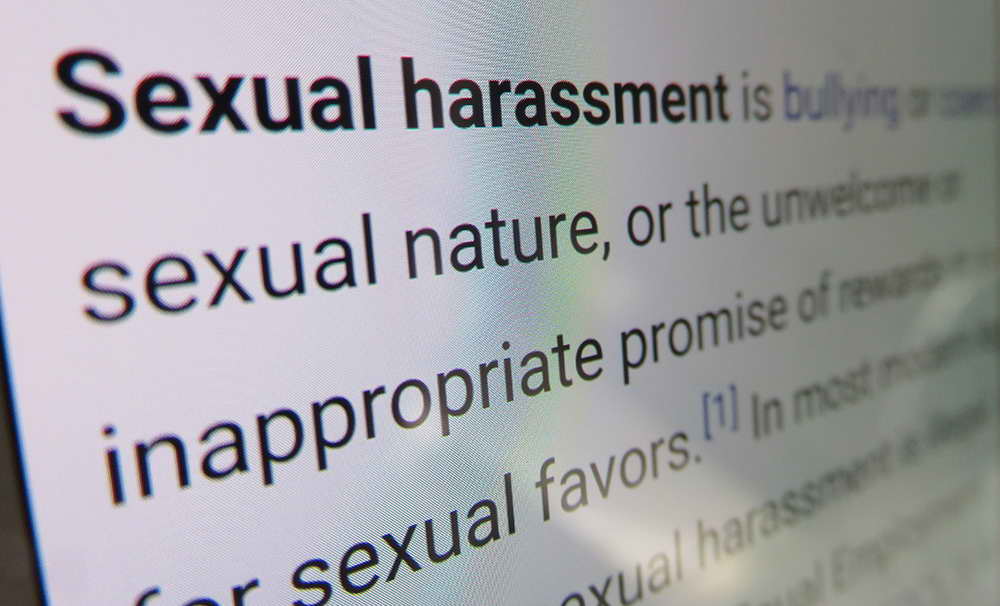November 22, 2017
11/22: Sexual Harassment in Workplace
NPR/PBS NewsHour/Marist National Poll
Sexual harassment in the workplace is a reality. More than one in five Americans, including more than one in three women, say they have been a victim of such harassment. And, nearly three in ten adults nationally say they have personally witnessed the sexual harassment of one of their co-workers. Most employed Americans, though, do believe their employers have enough safeguards in place to protect their employees from such abuse, and they overwhelmingly think allegations of sexual abuse are taken seriously by their employers. Who is believed when sexual harassment accusations surface? Nearly two-thirds of American workers say it is the person who brings forth the complaint.
22% of U.S. adults, including 35% of women, report they have experienced sexual harassment in the workplace. Women are not the sole victims of sexual harassment in the workplace. Close to one in ten men, 9%, say they have been the target of unwanted sexual advances. Also of note, older Americans, those 45 years of age or older, 26%, are more likely than those under the age of 45, 18%, to say they have experienced sexual harassment at work.
Nearly three in ten Americans, 29%, say they have witnessed someone being sexually harassed in the workplace. Differences exist based on age and gender. Women, 35%, and those under the age of 45 years old, 32%, are more likely than men, 24%, and older Americans, 26%, to have seen sexual harassment first-hand.
Do employers have adequate protections in place to prevent sexual harassment? Most workers, 87%, think their place of business provides enough protection against sexual harassment and abuse. 11% do not think there are enough safeguards, and 3% are not sure.
88% of employed Americans also believe their place of business takes reports of sexual harassment and abuse very seriously (69%) or seriously (19%). Still, 9% say these allegations are either not taken very seriously (5%) or not taken seriously at all (4%). Three percent are unsure.
Do employees think the accuser or the accused is more likely to be believed in their place of work? 64% of workers say their place of employment is more likely to believe the accuser while nearly one in five (18%) say the person who is accused of committing the harassment or abuse gets the benefit of the doubt. Three percent say neither, and 3% report both sides are given credence. 12% are unsure.
Women, 69%, are more likely than men, 60%, to assert that the person who comes forth with the complaint is more likely to be believed.
Complete November 21, 2017 NPR/PBS NewsHour/Marist Poll Release of the United States

